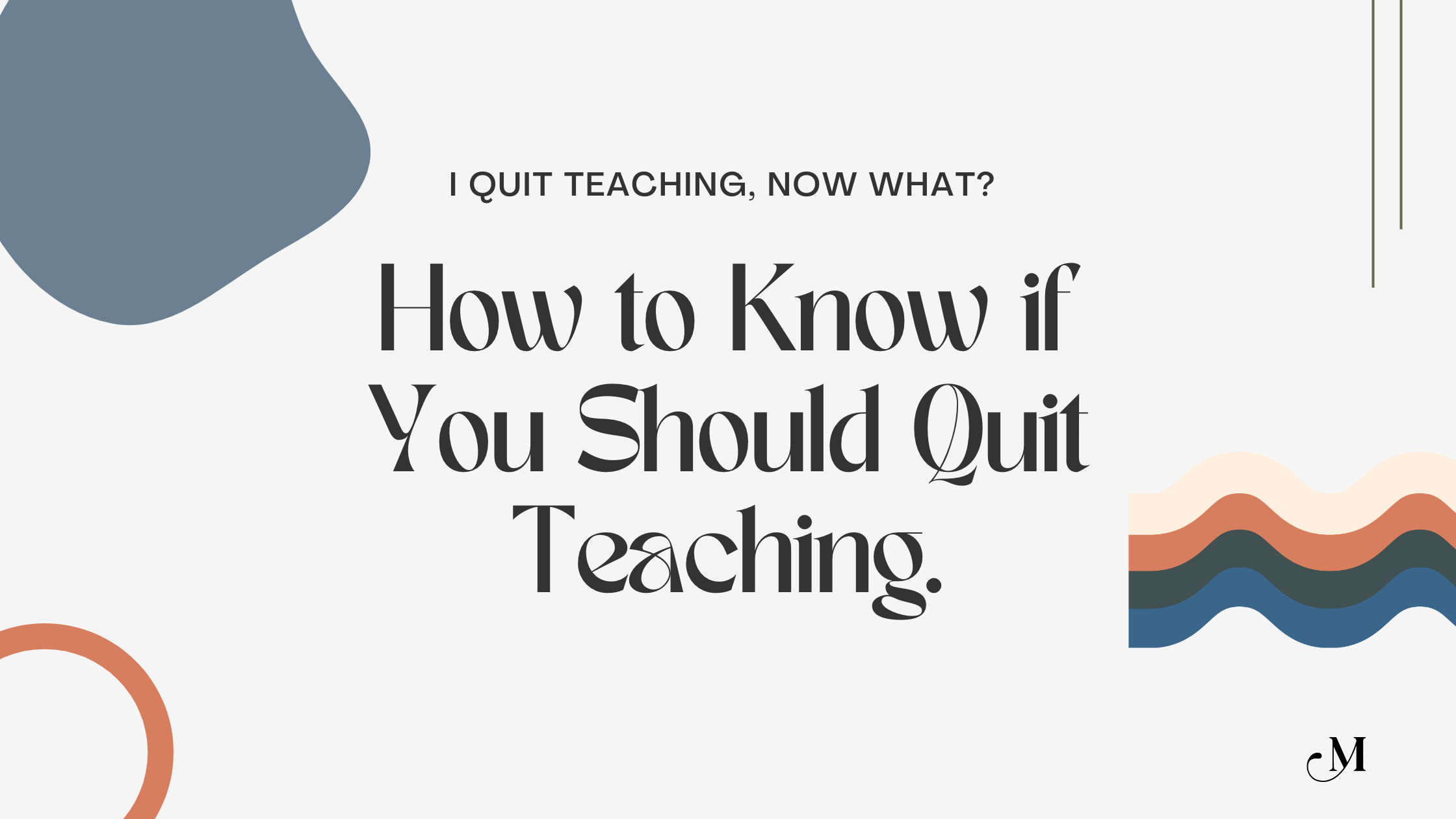
How to Know if You Should Quit Teaching.
Not sure if you are ready to quit teaching? Check in with yourself first and discover how you really feel. These 3 powerful reflections can help you get clear on your feelings and make the best decision for you.

I Quit Teaching. Now What?
I quit teaching now what? If you're ready to leave teaching but unsure of what's next, this post is for you. Follow my journey and gain insights on how to successfully transition into a new career.

How Author Visits Inspire Joy in Young Readers
Are you looking to add educational value and inspiration to your elementary school's reading program? Learn why author visits can have a positive impact on children’s literacy and how virtual author visits make it easier than ever for schools to connect with authors.

